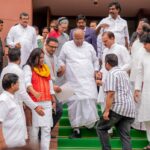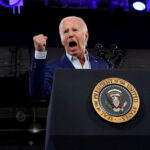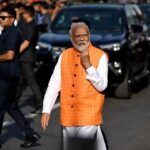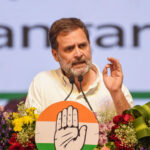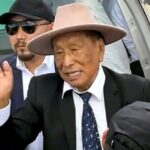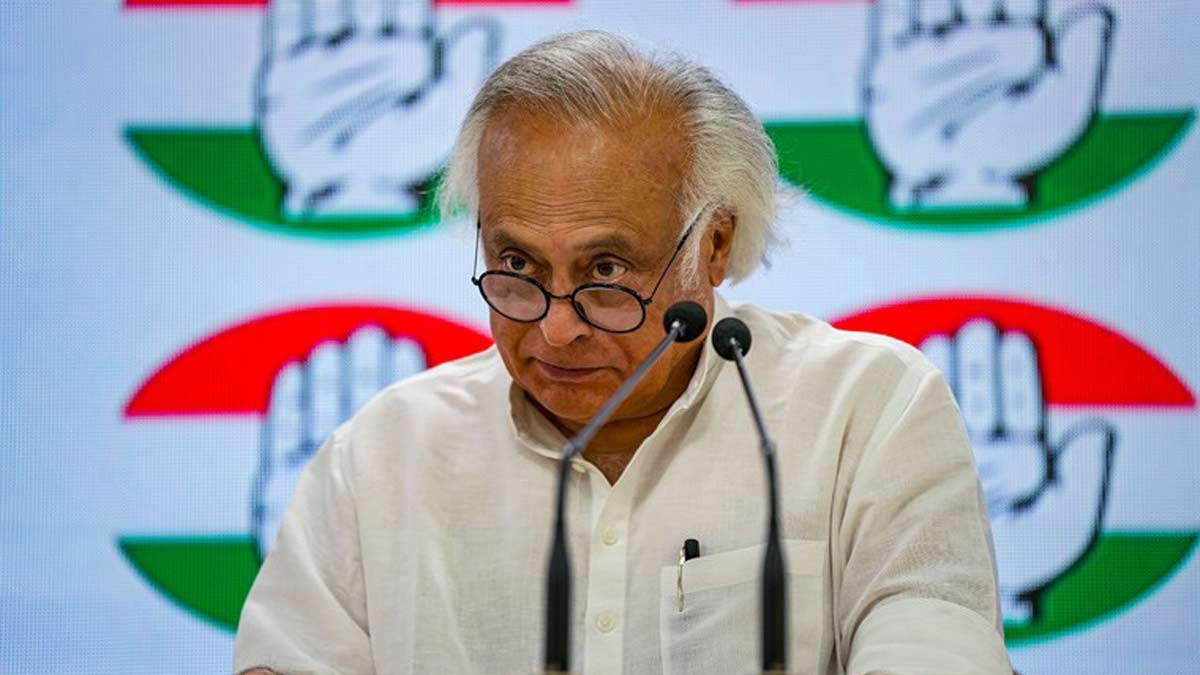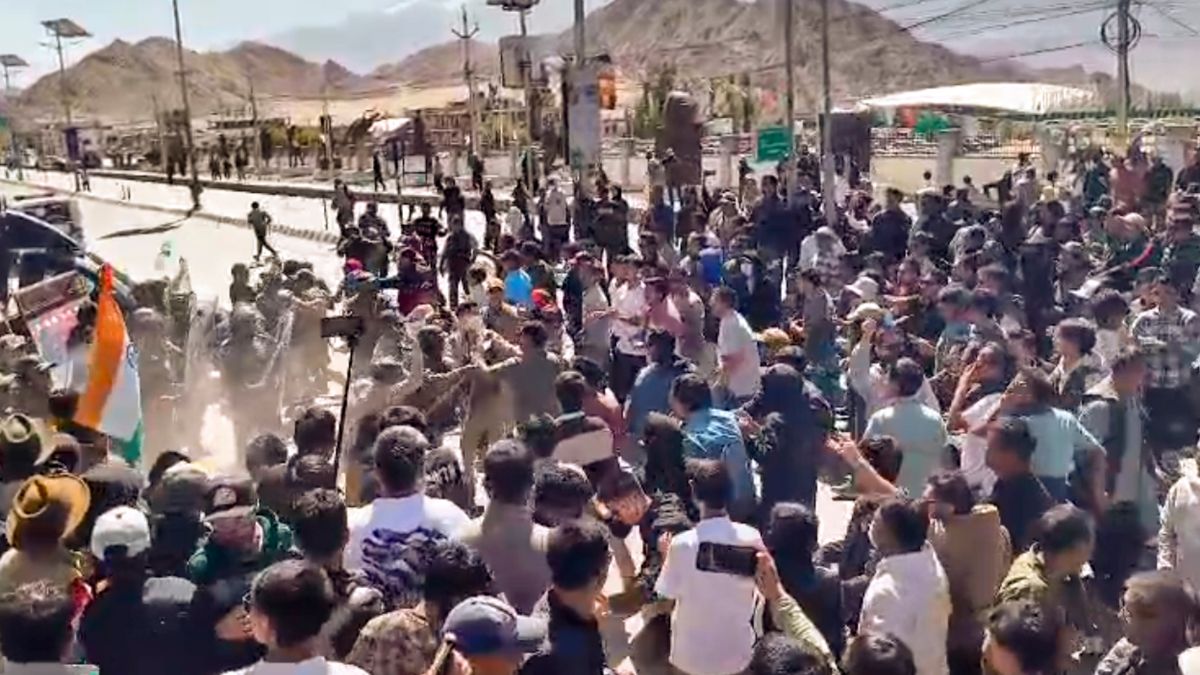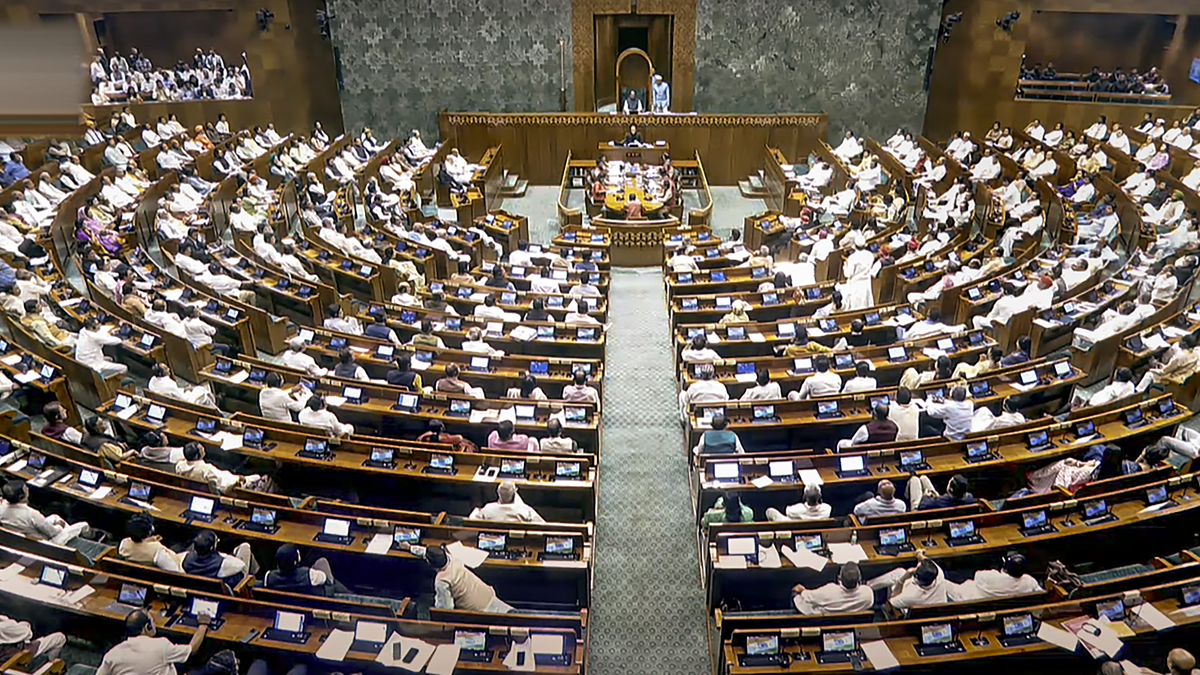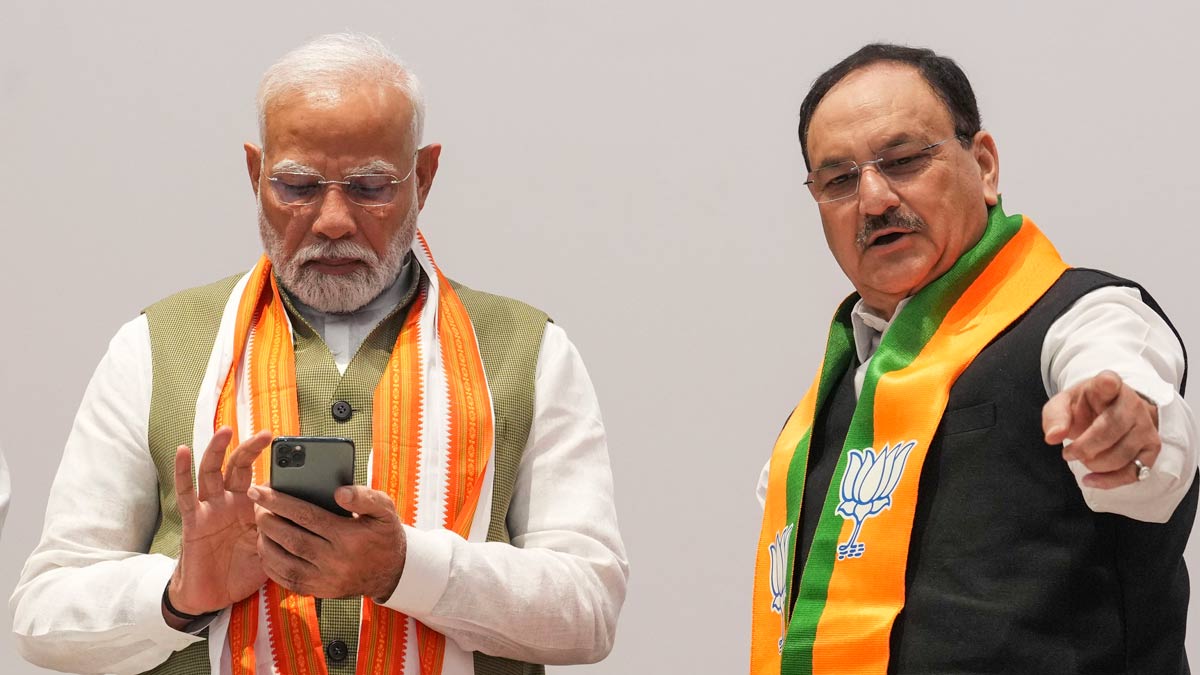New Delhi/Washington, June 12, 2025 — A fresh diplomatic controversy has erupted following the United States’ official invitation to Pakistan Army Chief General Asim Munir, despite recent Indian military operations, particularly the high-profile Operation Sindoor in Jammu and Kashmir. The opposition Congress party has strongly criticized the Narendra Modi-led government, terming the development as a “major diplomatic failure and strategic setback” for India.
General Munir’s visit is reportedly part of Washington’s ongoing military and geopolitical engagements in South Asia, aimed at stabilizing Afghanistan, counterbalancing China’s regional influence, and ensuring strategic access routes. However, Indian political circles are abuzz with discontent, especially in light of Pakistan’s alleged continued involvement in cross-border terrorism and proxy warfare, which Operation Sindoor sought to counter.
Congress Slams Modi Government
Congress spokesperson Pawan Khera, addressing a press conference in New Delhi on Wednesday, stated:
“While our armed forces risk their lives eliminating terror camps and infiltrators in Kashmir through operations like Sindoor, the United States’ red-carpet treatment of Pakistan’s Army Chief sends a deeply disappointing message to India and to the international community. This clearly shows the failure of the Modi government’s so-called muscular diplomacy.”
He further added that India’s foreign policy has increasingly become reactive instead of proactive. “If the Modi government claims that Pakistan is isolated, how is it that the same Pakistan’s military chief is being hosted by Washington with full diplomatic courtesies? This is not strategic alignment; this is strategic confusion.”
Operation Sindoor and its Fallout
Operation Sindoor, launched in early May 2025, was a major counter-terrorism campaign conducted jointly by the Indian Army and intelligence agencies in North Kashmir’s Kupwara and Baramulla sectors. The operation reportedly neutralized over 40 infiltrators and uncovered several large arms caches. It was widely hailed as a significant blow to Pakistan-backed terror networks operating along the Line of Control (LoC).
The Ministry of Defence had touted Operation Sindoor as a turning point in India’s fight against terrorism in Jammu and Kashmir, claiming that it dismantled key infiltration routes and destroyed strategic launchpads. However, the subsequent diplomatic turn of events — the US inviting General Munir just weeks after the operation — has raised eyebrows among strategic experts and the political opposition alike.
MEA’s Measured Response
When questioned about the US invitation, Ministry of External Affairs (MEA) spokesperson Randhir Jaiswal offered a carefully worded response:
“We are aware of the visit and have conveyed our concerns to the relevant interlocutors. India’s position on cross-border terrorism emanating from Pakistan remains unchanged and is well-known to the global community, including the United States.”
Sources within the MEA indicated that quiet diplomacy is being pursued to ensure India’s sensitivities are respected, and reiterated that bilateral cooperation with the US remains robust and multifaceted.
US State Department Clarifies
In response to media queries, the US State Department issued a brief clarification, stating:
“General Munir’s visit is part of our ongoing strategic and defense dialogues with key regional players. The United States recognizes India as a major defense partner and continues to work closely on counter-terrorism efforts. Engagement with Pakistan is essential for regional stability, especially regarding Afghanistan and counter-insurgency operations.”
However, the clarification did little to quell Indian concerns, especially given the complex dynamics of Indo-US-Pak relations.
Experts Divided
Strategic affairs analysts are divided on the implications of General Munir’s US visit. Former Indian Ambassador to the US, Meera Shankar, offered a nuanced perspective:
“The US has always maintained a balancing act in South Asia. While it values its partnership with India, it also engages with Pakistan, particularly its military, for tactical reasons. This should not be viewed as a snub but as realpolitik.”
However, Lt. Gen. D.S. Hooda (Retd), who oversaw the 2016 surgical strikes, expressed disappointment:
“It is unfortunate that Pakistan’s military, which continues to support terrorism in Kashmir, is being treated with legitimacy by the US. It sends a conflicting message about global unity against terror.”
BJP Defends Foreign Policy
The ruling Bharatiya Janata Party (BJP), meanwhile, rejected Congress’s allegations and defended the government’s record. BJP national spokesperson Sambit Patra said,
“Under Prime Minister Modi, India’s stature on the global stage has risen like never before. The Congress is playing petty politics when it should be standing with the nation. We trust our friends in the US to recognize the duplicity of Pakistan and the heroism of our armed forces.”
Patra also reminded the media that India has signed key defense agreements with the US and is now a member of the Quad, which underscores the strength of bilateral ties.
Way Forward
The controversy comes at a time when the US is also trying to push forward peace initiatives in war-torn Afghanistan and counter China’s Belt and Road projects in South Asia. Experts suggest that India’s best recourse lies in strong back-channel diplomacy and continued engagement with the US administration to ensure that Pakistan is held accountable for its actions.
While Operation Sindoor remains a military success on the ground, the political and diplomatic implications continue to unfold — not just in South Asia, but on the global chessboard as well.


